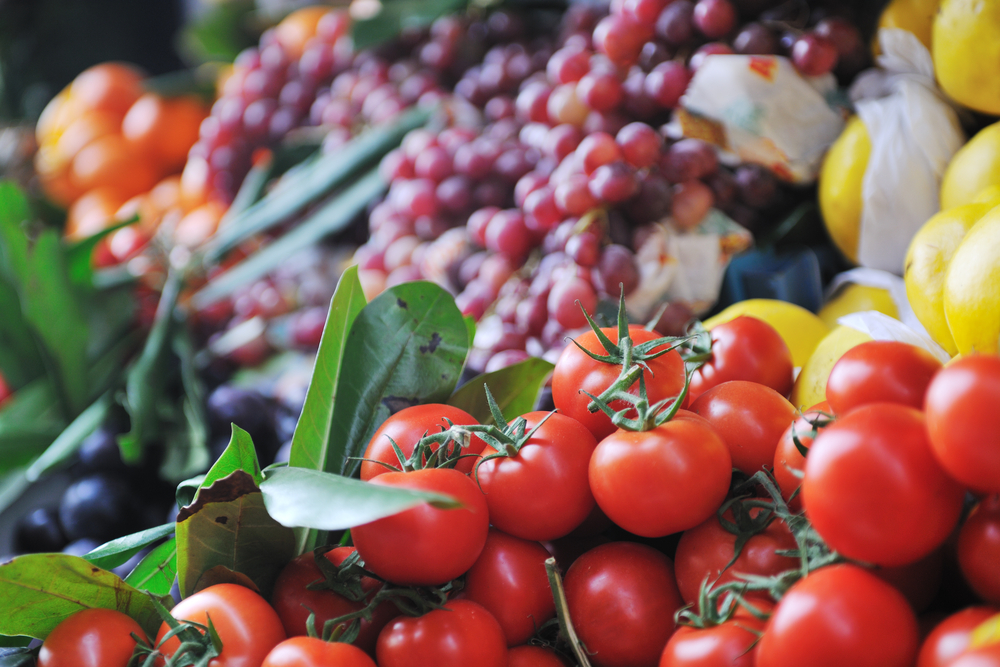
I have been a vegetarian for seven years now. And no, I don’t miss bacon. Or burgers. Or chicken. In that time, however, I have kept a keen eye on the rise in popularity of meat alternatives.
I like trying any meat alternative that I can get my hands on, no matter how objectively disgusting they might be, for the sake of seeing if someone has done it yet: like the alchemists of years past, making plants taste like meat.
You might be surprised to know that, yes, it can be done. Popular brands such as Beyond Meat and Impossible Foods boast plant-based meat that is almost indiscernible from the real thing. (I’ve tried them both, and wasn’t a fan of how meat-like the Impossible Burger was. Take with that what you will. Beyond Sausages are out of this world, though.)
And these products are becoming more readily available at a surprising rate. A couple years ago, it was unheard of to find plant-based meat in the meat aisle, or seeing advertising for a plant-based burger from chains such as Burger King or Carl’s Jr. Burger. Even in Southeastern Idaho-- where I was once asked if chicken sausage was an acceptable vegetarian option-- these and other plant-based products are seeming to pop up everywhere.
Those who have some pushback against meatless diets usually have one thing in mind: protein. I can't count the amount of times I've had to explain to someone while eating where I get my protein. While I still eat cheese and occasionally eggs, it's easier for me to explain some of the places I get protein, but I've been met by a couple looks of confusion when explaining how vegans have no problems getting sufficient protein.
A vegan diet can be rich in protein if done correctly. In fact, the Beyond Burger provides the same amount of protein as a beef burger does! Other meat alternatives like tofu, tempeh, and seitan have been around for centuries and provide loads of protein while replicating the same texture as meats.
While delicious, some of these meat alternatives are not any healthier than their animal counterparts. The Impossible Burger relies on genetic engineering to create enough heme to create the meaty taste of beef. For those wanting to switch to a vegan or vegetarian lifestyle-- or just simply wanting to cut back on meat consumption-- these can be a good stepping-stone towards a plant-based diet, but they should not be the backbone of a healthy plant-based diet.
Longer and more sustainable vegan diets don't rely on processed alternatives such as these fake meats and rely on fresh produce instead. Nuts, beans, peas, brussels sprouts, broccoli, and even potatoes are all great sources for protein!
If you are interested in learning more about plant-based proteins, Idaho State University’s Continuing Education and Workforce Training will be offering a course on the science of plant-based proteins. This course is a section in our Science of Cooking series, which focuses on the science behind what is happening in your cooking.
The Science of Plant-Based Proteins will be hosted on November 6th from 6pm to 8pm.
Other sections of the Science of Cooking include The Science of Fruits and Vegetables, held November 13th, and The Science of Baking, held on November 20th.
If you are interested in enrolling for cooking courses, visit cetrain.isu.edu or call us at (208) 282-3372.

.png?width=220&name=Do%20You%20Pocatello%20Podcast_%20(1).png)
